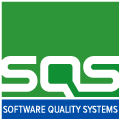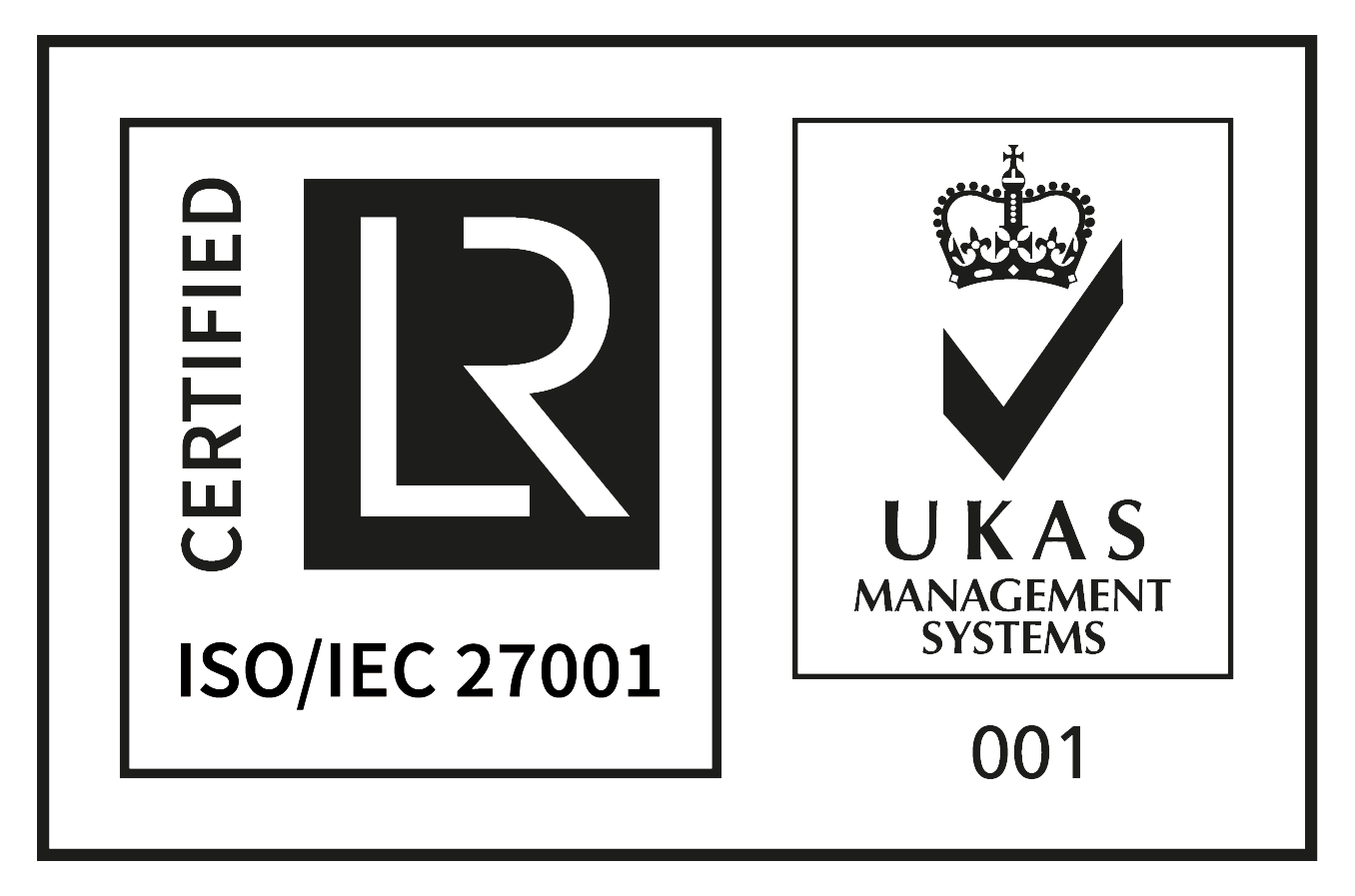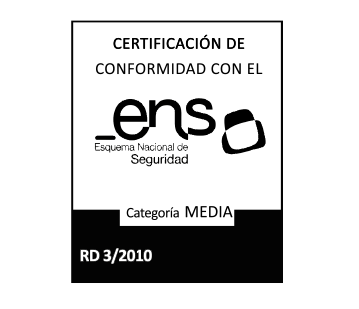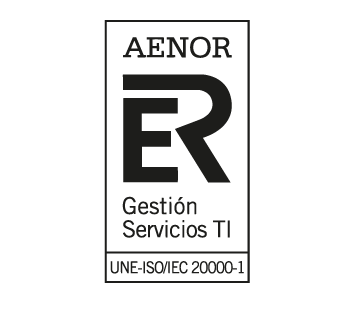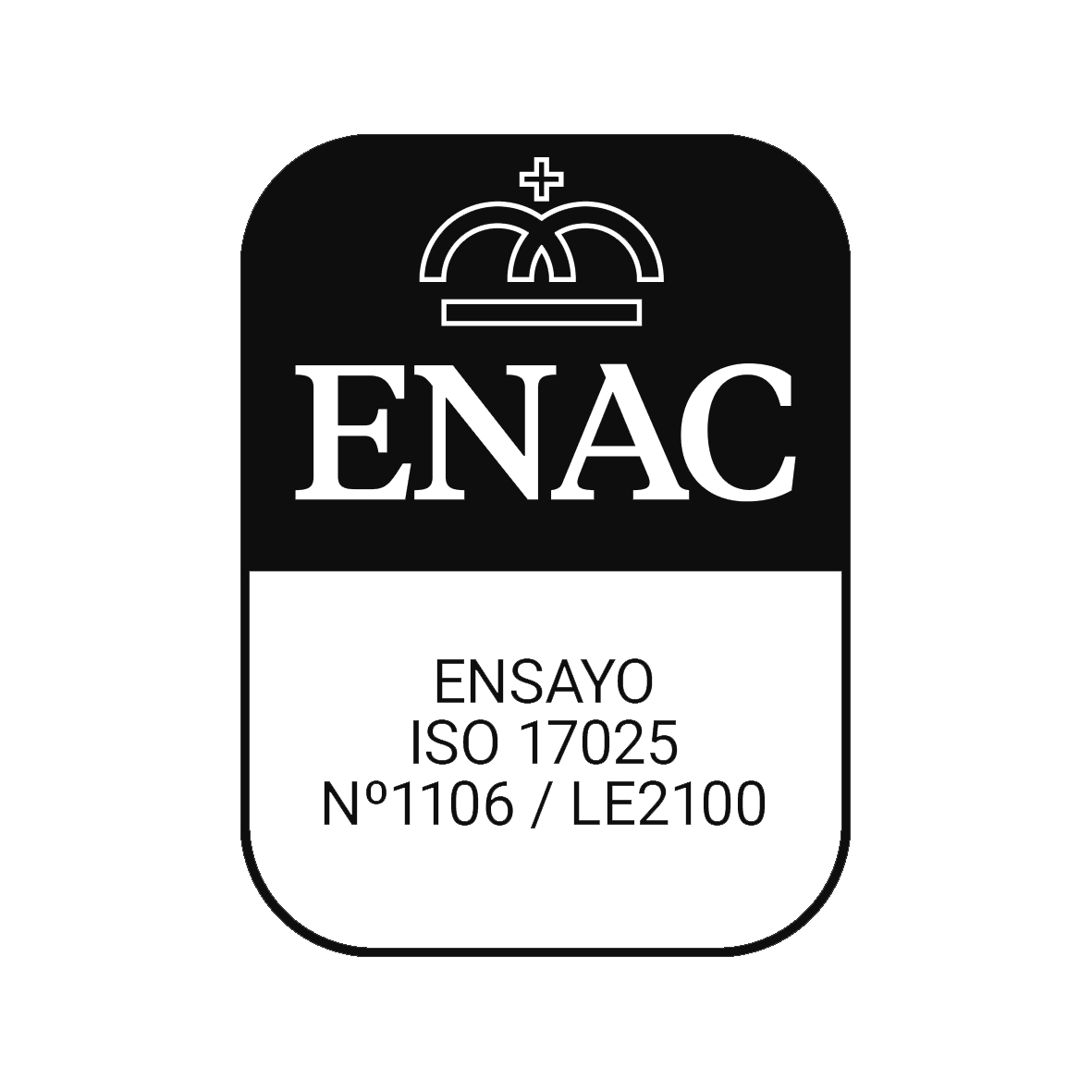What are Verification & Validation?
Definition and main activities
Software validation and verification are two critical processes in software development that are used to ensure the quality, reliability, and functionality of applications and computer systems. These processes are essential to ensure that the software meets the requirements and is free of errors before its release to the market or implementation in operational environments.
Software validation
Software validation focuses on confirming that the software meets the needs and expectations of the end user, that is, that it performs the functions for which it was designed accurately and completely. It involves ensuring that the software satisfies the functional and non-functional requirements specified during the planning and design phase of the project.
Software validation activities include:
- Functional Testing: Comprehensive testing is performed to verify that the software performs its functions in accordance with the specified requirements. This includes functionality, usability and performance testing.
- Requirements Validation: The software requirements are verified to be clear, complete, and aligned with user needs.
- Regulatory Compliance Validation: Ensures that the software complies with the standards and regulations applicable to your industry, such as ISO, IEC, CENELEC, FDA, EMA, HIPAA, PCI DSS, among others.
- Documentation Validation: Software documentation, such as user manuals and technical documentation, is verified to be accurate and up-to-date.
Software Verification
Software verification focuses on reviewing and evaluating software code, architecture, and documentation to identify errors, inconsistencies, or non-compliance with programming standards.
This process focuses on the software development phase and is carried out before validation. Software verification activities include:
- Code Review: Developers and testers review source code to ensure that it meets programming guidelines, is readable, and follows best practices.
- Unit Testing: Tests are performed at the level of individual modules or units of code to identify errors in specific functions or components.
- Integration Testing: How different modules or components interact with each other is evaluated to ensure proper integration.
- Static Analysis: Static analysis software is used to look for potential problems in the code without running the program.
- Design Verification: The architecture and design of the software is reviewed to ensure that it meets the requirements and is well structured.
The combination of software validation and verification is essential to ensure that a software product is robust, functions correctly, and is secure before implementation or release. These processes help to reduce the costs and risks associated with software problems in production environments and maintain end-user satisfaction.
Validation & Verification Service
To ensure that the developments carried out in your company
are carried out with the quality you expect.
SQS’s independent verification and validation services enable our clients to incorporate software quality activities throughout their development processes. This incorporation can be established by focusing these activities on a specific product, development, or project. This will allow the quality of development to be improved and assured throughout the entire process. The advantages are clear: greater control over the process, early identification of errors and problems, and a drastic reduction in the costs of correcting these errors.
At SQS, we have collaborated with numerous leading companies in various sectors, such as the healthcare industry (pharmaceuticals, medical devices, mobile health applications…) or the railway industry. Our services have contributed to guaranteeing the quality and success of their software products.
We become your strategic partner for software validation and verification, providing reliable and effective solutions that meet the highest quality and safety standards in the software industry.
Extensive experience in Safety-Critical Systems
A significant portion of the verification and validation projects carried out by SQS are driven by our clients’ need to comply with specific industry regulations, such as those in the rail, medical device, pharmaceutical, and aerospace industries.
SQS is currently the leading company in adapting development processes to software development-related standards. The experience we have accumulated over the years with standards such as Cenelec, IEEE, ISO, FDA & EMA, DO, etc., allows us to understand our clients’ requirements even before starting their project.
Scope of the verification and validation process
- Design and implementation of test environments.
- Coordination of testing processes.
- Definition of test tasks.
- Formal documentation reviews.
- Code reviews.
- Unit and integration tests.
- Functional and acceptance tests.
- Static and dynamic methods.
- Implementation of quality and safety standards.
- Training of client staff.
Contact an expert
If you want to know more about the topic or have any other type of question, do not hesitate, contact us.
Request more information
Follow us
Aviso Legal | Política de Cookies | Contacto
© 2024 Software Quality Systems S.A. | SQS is a member company of Innovalia
